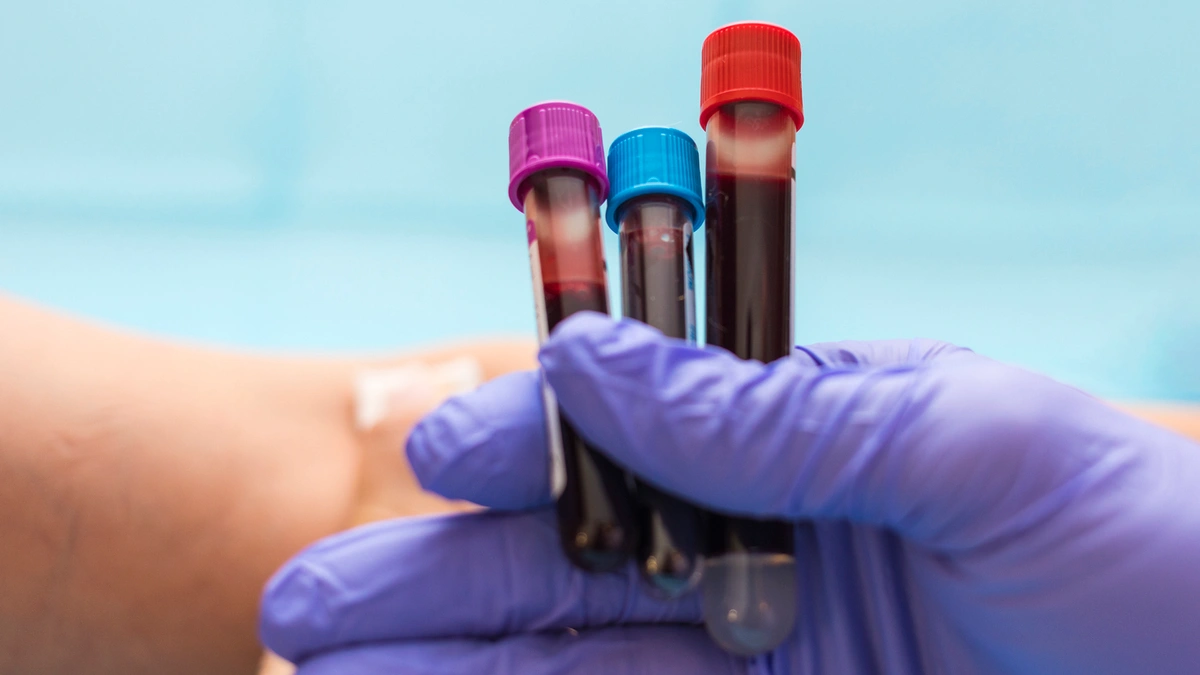
What Hormones Are Tested During Your Fertility Journey?
If you’re starting or navigating your fertility journey, hormone testing will likely be one of the first steps your provider recommends. These tests give us important clues about your reproductive health and help your doctor shape a personalized plan for your care. But what exactly are we looking for and why? Let’s break it down.
Why Are Hormones Important for Fertility?
Hormones act as messengers in your body, helping regulate your menstrual cycle, ovulation, and overall reproductive function. Testing your hormone levels provides a snapshot of how well your body is working together to support conception, whether naturally or with the help of fertility treatment.
Common Hormones Tested in a Fertility Evaluation
Here are the most common hormone levels your fertility specialist may test and what they tell us:
1. FSH (Follicle-Stimulating Hormone)
- Why it matters: FSH is responsible for stimulating your ovaries to produce follicles, which contain eggs.
- What it tells us: Higher-than-expected FSH levels (usually tested on day 2 or 3 of your cycle) may suggest a diminished ovarian reserve, or fewer eggs available.
2. LH (Luteinizing Hormone)
- Why it matters: LH triggers ovulation; the release of a mature egg from the ovary.
- What it tells us: Imbalanced LH levels can indicate issues like PCOS (polycystic ovary syndrome) or problems with ovulation timing.
3. AMH (Anti-Müllerian Hormone)
- Why it matters: AMH is produced by the small follicles in your ovaries and is a key marker of ovarian reserve.
- What it tells us: AMH helps estimate how many eggs you may have left. It’s especially useful for guiding egg freezing, IVF and future family planning. It is important to note it does not determine egg quality.
4. Progesterone
- Why it matters: After ovulation, progesterone prepares the uterine lining for a possible pregnancy.
- What it tells us: Low progesterone may suggest that ovulation isn’t occurring or that the uterine lining isn't ready for implantation.
5. Thyroid Hormones (TSH, T3, T4)
- Why it matters: Your thyroid controls metabolism, but it also plays a big role in reproductive health.
- What it tells us: An overactive or underactive thyroid can interfere with ovulation, increase miscarriage risk, or affect overall fertility.
6. Androgens (Testosterone, DHEA-S)
- Why it matters: These are commonly thought of as “male hormones,” but they’re present in all genders and can affect ovarian function.
- What it tells us: Elevated levels may suggest PCOS or another hormonal imbalance that affects ovulation and egg quality.
When Are Hormone Levels Checked?
Most hormone tests are done through a simple blood draw, often during specific days of your menstrual cycle (typically days 2–5). Your doctor will time these tests to get the most accurate results based on the natural fluctuations in your hormone levels.
What Happens Next?
Once your hormone levels are reviewed, your doctor will walk you through what the results mean for you. These numbers help guide decisions about next steps such as trying naturally, considering ovulation induction, or exploring advanced options like IVF or egg freezing.

